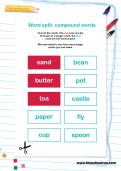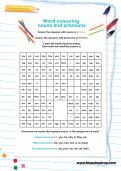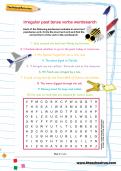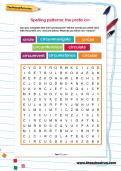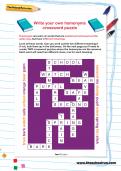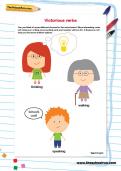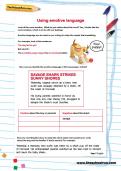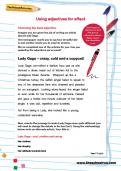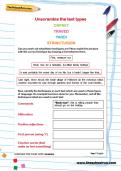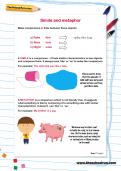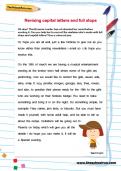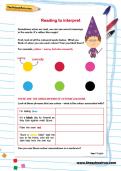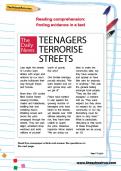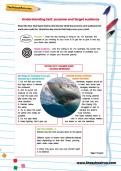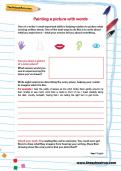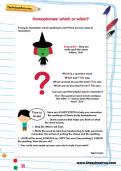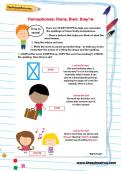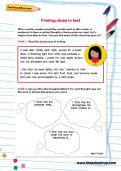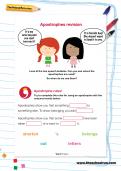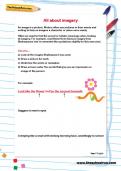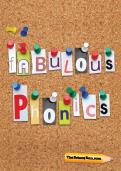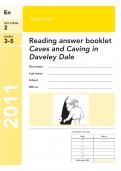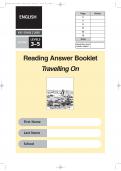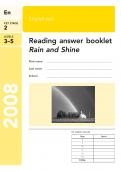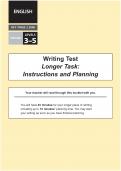English worksheets
Free worksheets: Word puzzles, KS2
You’ll need to login or Register first to access these worksheets for free.
Once you’ve tried out our free worksheets, why not explore all our resources (1000s of worksheets, interactive tutorials, learning packs and more) with a 14-day FREE trial subscription.
Word split: compound words
A mix and match puzzle created by teachers, using compound words, to support primary school literacy and demonstrate examples of compound words.
Word colouring: nouns and pronouns
Colour the squares with nouns in green. Colour the squares with pronouns in brown. Leave the blank squares empty, then work out what the picture is.
Irregular past tense verbs wordsearch
A fun and free activity created by an experienced teacher with the aim of teaching KS2 children about irregular past tense verbs. Each of the sentences on the worksheet includes an incorrect past-tense verb. Circle the incorrect verb and then find the correct form of the verb in the wordsearch.
Spelling patterns: the prefix cir-
Can you complete this mini-wordsearch? All the words you need start with the prefix circ- and are below. What do you think circ- means?
Write your own homonyms crossword puzzle
Homonyms are pairs of words that are spelled and pronounced the same way, but have different meanings. Look at these words. Can you work out the two different meanings?
If not, look them up in the dictionary. On the next page you’ll need to create TWO crossword puzzles where the homonyms are the answers. Each word will need two different clues, one for each meaning.
If not, look them up in the dictionary. On the next page you’ll need to create TWO crossword puzzles where the homonyms are the answers. Each word will need two different clues, one for each meaning.
Victorious verbs
Help your child's writing stand out from the crowd by encouraging them to expand their vocabulary and use 'victorious' verbs. Thesaurus at the ready!
Using emotive language
By using emotive language your child can manipulate readers' emotions to great effect. Can they make them sympathise with an excitable puppy or an injured toddler? (Or is that an aggressive puppy or a tormenting toddler?)
Using adjectives for effect
Different adjectives can completely transform a piece of writing, as your child will find out when they write two contradictory reviews of a pop concert. Will they judge the singer as 'cool' or 'cold'?
Unscramble the text types
Kick off a language analysis activity with a quick text types puzzle! Your child will also need to identify commands, alliteration, emotive words and use of the first person.
Simile and metaphor
Can your child identify similes and metaphors? This worksheet offers a quick reminder of how and when they're used and helps your child improve their descriptive writing by using them correctly.
Revising capital letters and full stops
Full stops and capital letters can cause confusion, but correctly punctuated work is vital in Year 6 and beyond. Help your child feel confident about the rules with this revision worksheet activity.
Reading to interpret
Help your child unlock hidden meaning in text with this worksheet about colour association. After reading an explanation and examples, can they put their knowledge into practice in their own writing? Suggested answers are included so you can look over their work and help them improve it.
Reading comprehension: finding evidence in a text
This activity, aimed at Year 7 or advanced primary school pupils, will help your child analyse and break down a text to find evidence for their answers. What words have been used to create an impact? What images have been painted for the reader? Work through this activity step by step to practise reading comprehension.
Understanding text: purpose and target audience
Time for some text analysis! Can your child identify the purpose and target audience of different types of text which all relate to the same subject? They will need to look for key words to help them prove their point.
Painting a picture with words
This worksheet will help improve your child's descriptive writing by encouraging them to draw on their sensory experiences. Can they describe a scary place through smell, hearing, sight, touch and taste? What will a reader picture after hearing their text?
Homophones: which or witch?
Is your child finding it hard to remember how to use and spell the homophones 'which' and 'witch'? Help them clear up the confusion with this practice worksheet.
Homophones: there, their, they're
Help your child get a few difficult homophones straight with this worksheet. There, their and they're all sound the same, but their meanings are very different. Master the tricky spellings with a simple, four-step learning trick.
Finding clues in text
Test reading comprehension skills with some thorough analysis of a short piece of text. What atmosphere, emotion and setting does the writer convey? What effective techniques are used? A KS3 worksheet, also suitable to stretch gifted Year 6 pupils.
Apostrophes revision
A revision worksheet to remind your child of the rules of correct apostrophe use. Can they reword sentences to show they understand when an apostrophe indicates belonging and when it's used to show that letters have been taken out of a word?
All about imagery
Imagery is used in writing to help us imagine a place or character more clearly. This worksheet helps your child practise identifying imagery and then come up with their own metaphors and similes to enrich their descriptive writing.
Fabulous phonics
Learning to read is all about phonics these days, so if you don't know your phonemes from your digraphs our phonics learning pack is for you. You'll get a complete overview of how and why phonics is taught, as well as teacher tips to help you make phonics learning part of your child's everyday life and 50 printable games and activities to put the theory into practice.
Key Stage 2 - 2011 English SATs papers
Download and print this complete 2011 English SATs papers pack and help your child to prepare for their SATs.
Key Stage 2 - 2005 English SATs Papers
Download and print this complete set of English SATs papers from 2005 to assist your child in preparing for the Year 6 tests.
Key Stage 2 - 2008 English SATs Papers
Download and print this complete set of KS2 English SATs papers from 2008 to assist your child in preparing for the tests.
Key Stage 2 - 2006 English SATs Papers
Download and print this complete set of English SATs papers from 2006 to help your child prepare for the tests.
